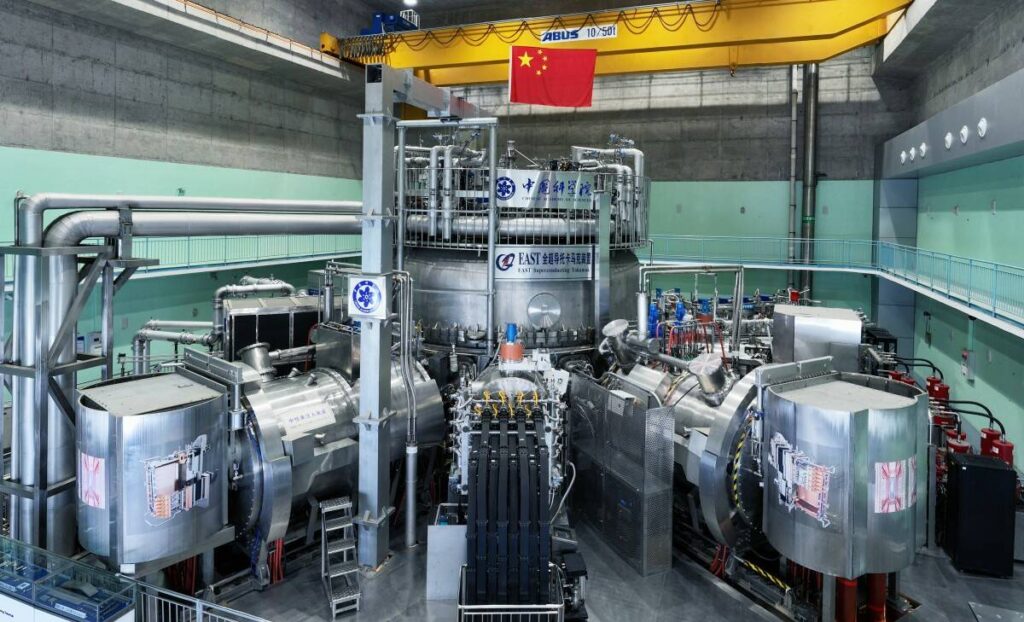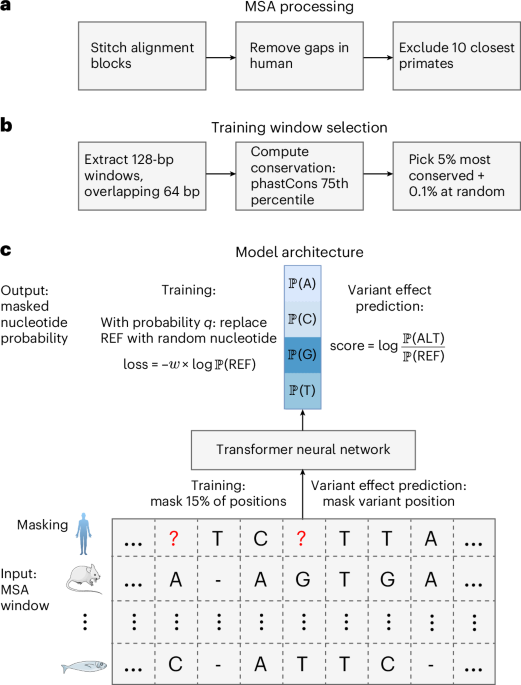Nigerian researchers find pathway to next-generation battery technology

A team of Nigerian scientists has made a significant breakthrough in solving one of the most critical challenges in energy storage technology.
Led by Salawu Akande, a computational scientist specialising in multi-scale modelling and energy materials, the research team has developed a sophisticated approach to improving lithium-ion battery performance.
Other key contributors include Temitayo Ikuerowo, a PhD student in energy engineering, and Olusegun Tomomewo, an assistant professor of energy engineering.
Their study, published in the Physical Chemistry Chemical Physics journal, employs advanced computational techniques to enhance the performance and durability of lithium-ion batteries.
In a statement shared with PREMIUM TIMES, Mr Akande explained that the collaborative work opens new pathways for developing next-generation energy storage solutions. He noted that these advancements are crucial for emerging technologies such as renewable energy systems, electric vehicles, and advanced electronics.
Major Findings
The research focuses on LiNi0.9Co0.1O2, a material commonly used in battery cathodes. It revealed that replacing 10% of the material’s composition with cobalt enhances lithium mobility and structural stability. The scientists’ “molecular-level investigation” uncovered critical mechanisms that have long hindered the optimisation of high-capacity battery materials.
“Key findings demonstrate a novel strategy for reducing lithium migration barriers and minimising antisite defect formation—two critical factors that typically degrade battery performance,” the statement read in parts. “Unlike traditional experimental approaches, this computational method allows researchers to explore material behaviour at an atomic scale, potentially saving years of experimental trial and error.” It added that the study stands for a quantum leap in materials science, using sophisticated computational techniques to predict and understand material properties with unprecedented precision.
Contributions
The research team lead further emphasised the research and showcased how computational methods can accelerate materials innovation, offering a blueprint for creating more efficient, stable, and high-capacity batteries that could revolutionise multiple technological sectors.
This work stands for a significant contribution to our understanding of lithium-ion battery materials, proving the research team’s exceptional expertise in advanced computational techniques and innovative problem-solving approaches,” he noted.
“The research not only advances scientific knowledge but also provides a critical framework for future technological developments in energy storage, highlighting the potential of computational modelling to drive technological innovation at the most fundamental level.”



 Hot Deals
Hot Deals Shopfinish
Shopfinish Shop
Shop Appliances
Appliances Babies & Kids
Babies & Kids Best Selling
Best Selling Books
Books Consumer Electronics
Consumer Electronics Furniture
Furniture Home & Kitchen
Home & Kitchen Jewelry
Jewelry Luxury & Beauty
Luxury & Beauty Shoes
Shoes Training & Certifications
Training & Certifications Wears & Clothings
Wears & Clothings
















